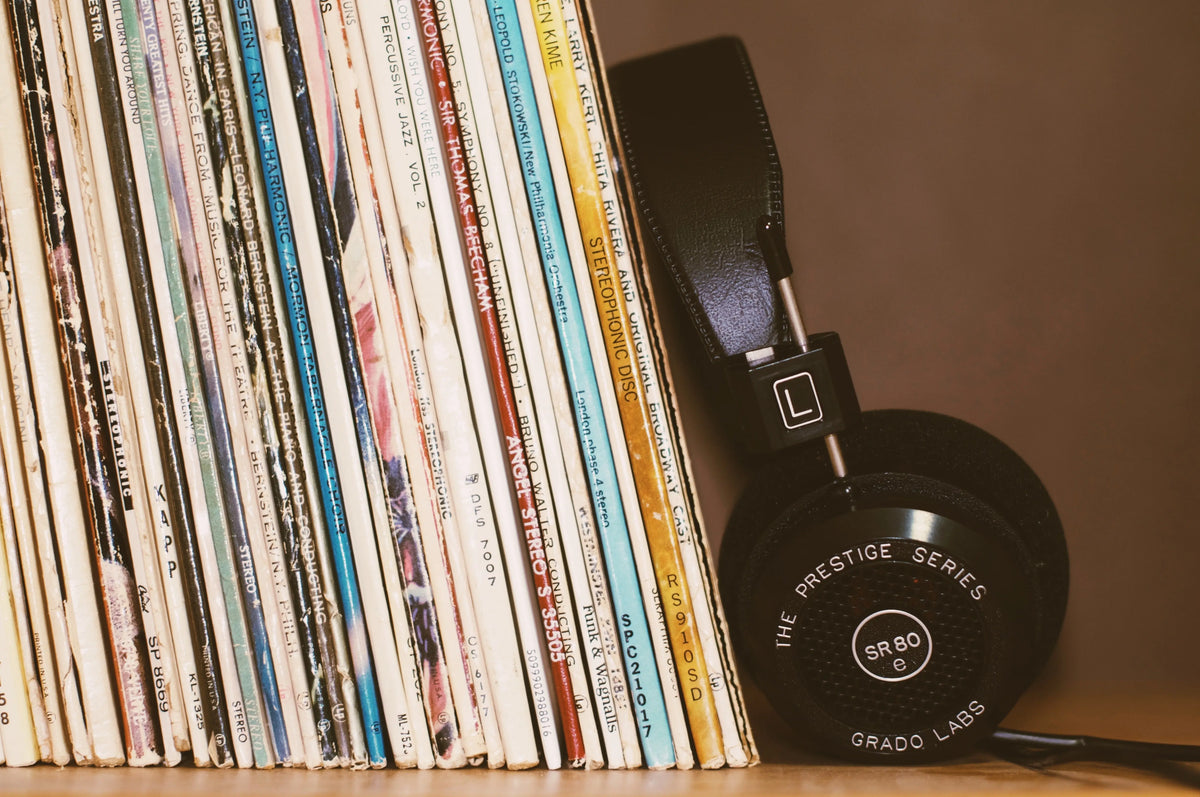
Using Music to Alleviate Insomnia: Effective Solutions
|
Time to read 2 min
This store requires javascript to be enabled for some features to work correctly.
Written by: The Myza Editorial Team
|
Time to read 2 min
Struggling to sleep is never fun. Never. Regularly affecting as many as one in three people throughout the UK, insomnia is the most common sleep disorder in the developed world. Regularly causing exhaustion, irritation and depression, your quality of life inevitably suffers, often leaving you trapped in an endless stream of failed attempts to once again experience a restful night’s sleep.
But then, what suggestions exist for those who wish to find an inexpensive solution to liberating oneself from the vicious cycle of anxiety and sleeplessness? Perhaps the answer lies in our earliest experiences.
As a baby, many of us would have drifted-off with the aid of a nursery rhyme or lullaby, sung to us by a parent or carer. Unfortunately, once you grow up, a live rendition of a calming, soothing number whilst you drift off to sleep is perhaps too much to ask from a friend or partner. But, armed as we often are with a range of electronic, speaker-enabled products, we now possess the ability to use lullabies into our adult and elder years, potentially boosting both our quality and quantity of sleep. After all, at its very best, listening to music as you attempt to fall asleep can help you fall asleep faster, lowering your heart-rate and slowing down your breathing.
Of course, due to the closely-aligned nature of sleep and comfortability, the genre of music is particularly important to the likelihood of music’s effect upon relieving your insomnia. The National Sleep Foundation for example, recommends compiling a playlist of “soothing” songs, between 60 and 80 beats per minutes/bpm. In that sense, you’ll probably prefer to listen to music of a classical, perhaps ambient variety before bedtime, rather than anything with a fast, four-to-the-floor beat.
Then again, it’s important to recognise your specific aim in listening to music at bedtime – to fall asleep. After all, if you want to give listening to music the chance to improve your sleep, it’s important to recognise its role, as a way to possibly enhance your quality of rest, rather than aiding you in expanding your music knowledge and so forth.
Music streaming websites offer a variety of sleep-related playlists, as do a number of radio programmes, including BBC Radio 1’s ‘Bedtime Mixes’ – a selection of musical mixes chosen specifically by some of the most established bands and artists in music.
Or perhaps you would rather listen to just one song, such as Weightless by Marconi Union. This particular song, was in fact produced in collaboration with actual sound therapists, and found to reduce the participants’ overall anxiety by 65% (on average).
Whether short-term or chronic, primary or secondary, insomnia’s solution will always (frustratingly) be specific to the person in question. But eh, so is one’s music taste…
The Myza Editorial Team
Read moreReceive 10% off your first order when you subscribe to our newsletter





